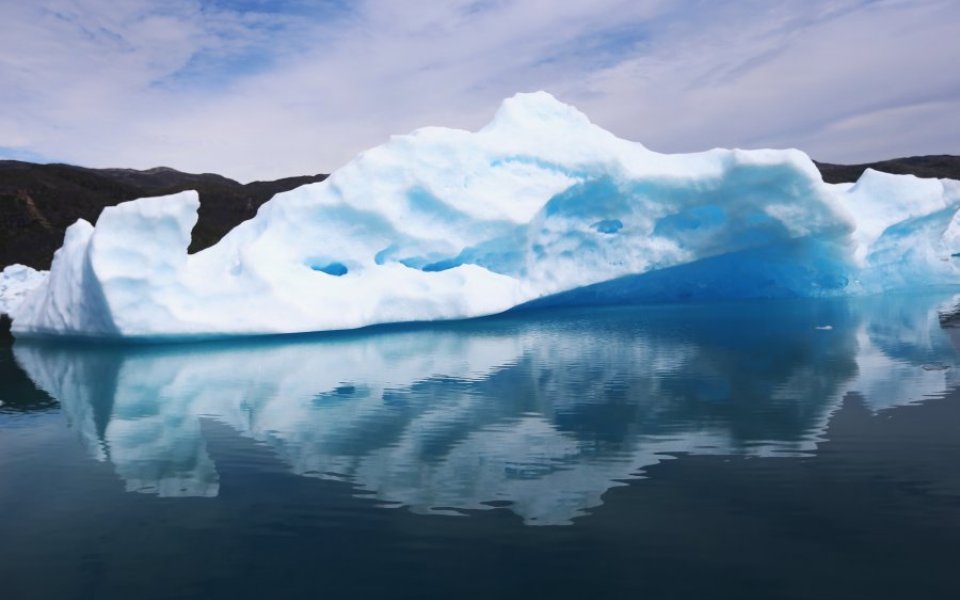Melting Arctic is like the “new Africa” for precious resources

The Arctic's ice is rapidly melting away, leaving behind sea passages that offer much easier access to the resource-rich area than ever before.
The result, according to Iceland's President Olafur Grimsso, is an Arctic that is like the “new Africa”. Rare metals, minerals, oil and gas are among the many resources being eyed up by governments and companies.
It also has the potential to become a renewable energy hotspot, with plenty of geothermal and wind energy to make use of.
"Until 20 or so years ago, (the Arctic) was completely unknown and unmarked territory," Grimsso said at the Arctic Circle Forum today, according to CNBC. "It is as if Africa suddenly appeared on our radar screen."
Read more: The UK might have an ambassador for the Arctic – but what would they actually do?
The reason why this has become a possibility is that the ice there is disappearing so quickly. Statistics from the National Snow and Ice Data Center show that in October this year there were 7.7m square kilometres of ice in the region – a reduction of 1.2m square kilometres from the average during the period 1981-2010.
While there are major concerns about the climate impacts – the rapid rate of melting is having a negative impact on wildlife in the region, while sea levels are rising worldwide – the change presents an undeniable opportunity for investors.
Scott Minerd, a managing partner at Guggenheim Partners, said: "The average economic annual rate of growth in the Arctic region is the highest in the world relative to any country or any economy.”
For investors, there is an opportunity here to take advantage of the impact of climate change.
That said, not all companies are jumping at the opportunity to make use of resources appearing in the north. In September, Shell ditched its plan to drill in Alaska – a project the company had hoped would add 80,000 barrels to its daily output of oil. The cost the company faced as a result of scrapping the project was £5.2bn.